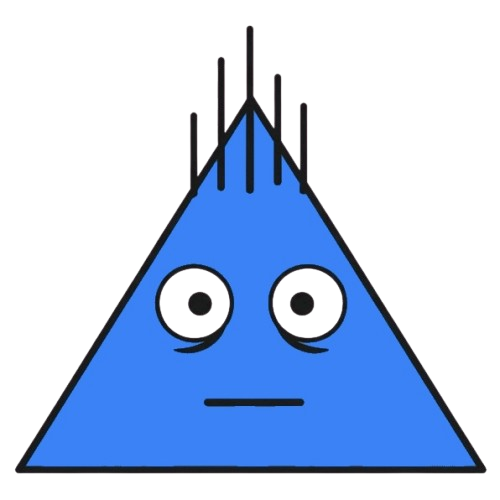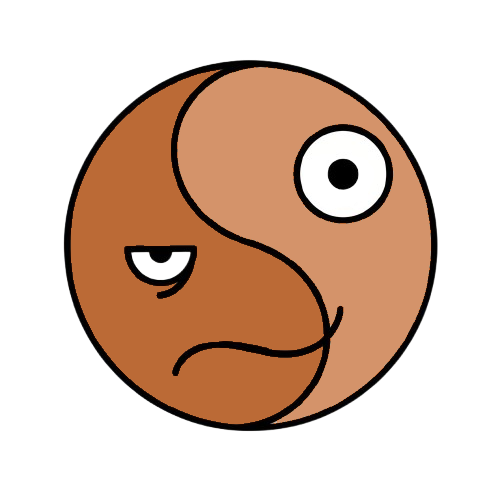Active Listening with ADHD
Active listening strategies for neurodiverse couples when one partner has ADHD

Comprehensive guide for ADHD in relationships - challenges, strengths, and strategies for couples
Time management struggles and forgotten tasks can create tension, while emotional intensity and impulsivity may lead to misunderstandings. However, ADHD also brings spontaneity, creativity, and passionate energy to relationships.
ADHD (Attention Deficit Hyperactivity Disorder) affects millions of adults and can bring both unique challenges and remarkable strengths to relationships. When one or both partners have ADHD, understanding how it impacts daily life, communication, and emotional connection is key to building a thriving partnership.
ADHD isn’t a character flaw or lack of willpower—it’s a neurological difference that affects how the brain processes information, manages attention, and regulates emotions. In relationships, this can manifest as incredible creativity and spontaneity alongside challenges with organization and focus.
ADHD can make it difficult to estimate time, remember appointments, or maintain household systems. This often leads to frustration for both partners when deadlines are missed or responsibilities fall through the cracks.
The ADHD brain can experience emotions more intensely and have difficulty returning to baseline after stress. This can lead to misunderstandings during conflicts or daily stressors.
Hyperfocus on interesting activities while struggling to attend to “boring” but necessary tasks can create imbalance in relationship responsibilities.
Making quick decisions without fully considering consequences can impact financial planning, social commitments, or major life choices.
Interrupting, losing track of conversations, or appearing distracted during important discussions can leave neurotypical partners feeling unheard or unimportant.
Sarah and Mike’s Story: After years of frustration with missed appointments and forgotten tasks, Sarah (neurotypical) and Mike (ADHD) learned to create systems that worked for both of them. By embracing Mike’s creative strengths while building in external structure, they turned potential conflicts into opportunities for teamwork.
Discover how Nemlys can provide personalized strategies, reminders, and tools designed specifically for ADHD couples. Our app helps bridge the gap between understanding and daily practice.
Active listening strategies for neurodiverse couples when one partner has ADHD
Relationship guidance for ADHD and anxiety couples - balancing impulsivity with worry and finding harmony between different processing styles
Relationship guidance for ADHD and autism couples - navigating double neurodivergence with understanding and practical strategies
Relationship guidance for ADHD and neurotypical couples - understanding differences and building connection
Relationship guidance for ADHD and OCD couples - navigating chaos versus order with understanding and balance
Communication Scripts for Difficult Conversations - Ready-to-use scripts for neurodiverse couples to navigate challenging topics

Constant worry and need for reassurance can strain both partners, while social anxiety may limit shared activities. With understanding and patience, anxious partners can build secure, supportive relationships that reduce worry over time.

Communication differences and sensory needs can create misunderstandings, while social situations may feel overwhelming. Yet autistic partners often bring deep loyalty, honest communication, and unique perspectives that strengthen relationships.

Mood episodes can create unpredictable emotional highs and lows, while medication side effects may impact intimacy and daily routines. With proper treatment and understanding, couples can build stability and navigate mood changes together.

Low energy and motivation can make partners feel disconnected, while emotional withdrawal may strain intimacy and communication. With compassionate support, couples can navigate depression together and build deeper understanding and resilience.
Ready to strengthen your relationship with adhd in relationships-informed strategies? Nemlys provides personalized guidance tailored to your unique situation.
Try Nemlys App